This best-selling guide to conflict resolution by the Arbinger Institute, now in its fourth edition, is more necessary today than ever as the world wrestles with racism, discrimination, intolerance and widening ideological divides. Through the power of fable – a fictional support group for the parents of troubled teens meets with sage counselors – this cogent guide explains that all conflicts originate from a tendency to vilify or dehumanize people with different values and opinions. The Anatomy of Peace diagrams how to break this cycle, address dysfunction, and resolve conflicts great and small.
The “influence pyramid” explains that people ought to invest more time in encouraging things to go right than in reacting to things that are going wrong.
Cory Herbert, the 18-year-old son of Lou and Carol, spent a year in prison for a drug conviction. Three months after his release, he was arrested for stealing prescription drugs. He received a court order to attend a two-month survival program at Camp Moriah, Arizona. Upon arrival, Yusuf al-Falah, the program leader, welcomed Cory and his parents. The Herberts introduced themselves to the other new arrivals – troubled teens and their parents – and soon a young man named Avi Rozen ushered the group indoors.
The parents would spend two days under the tutelage of Yusuf and Avi. Avi acknowledged that the parents were worried about their children. Yet “they are not my primary concern,” he stated. Lou scoffed when Avi explained that their focus was the parents. He felt that Cory, a twice-convicted felon, was the one who needed help. Avi restated Lou’s feelings: “Cory is a problem…He needs to be fixed…You’ve tried changing him…And has it worked? Has he changed?” Lou bristled. “Not yet. But that’s why ...
The Arbinger Institute is a training and coaching consulting agency with offices around the world. Its first book, Leadership and Self-Deception, is a perennial best-selling leadership text.









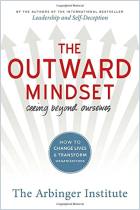
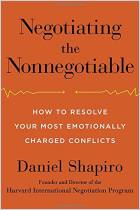
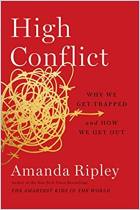
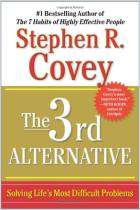
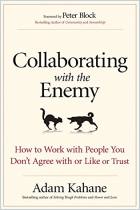

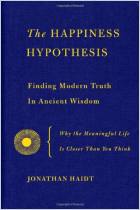


Comment on this summary or Comenzar discusión